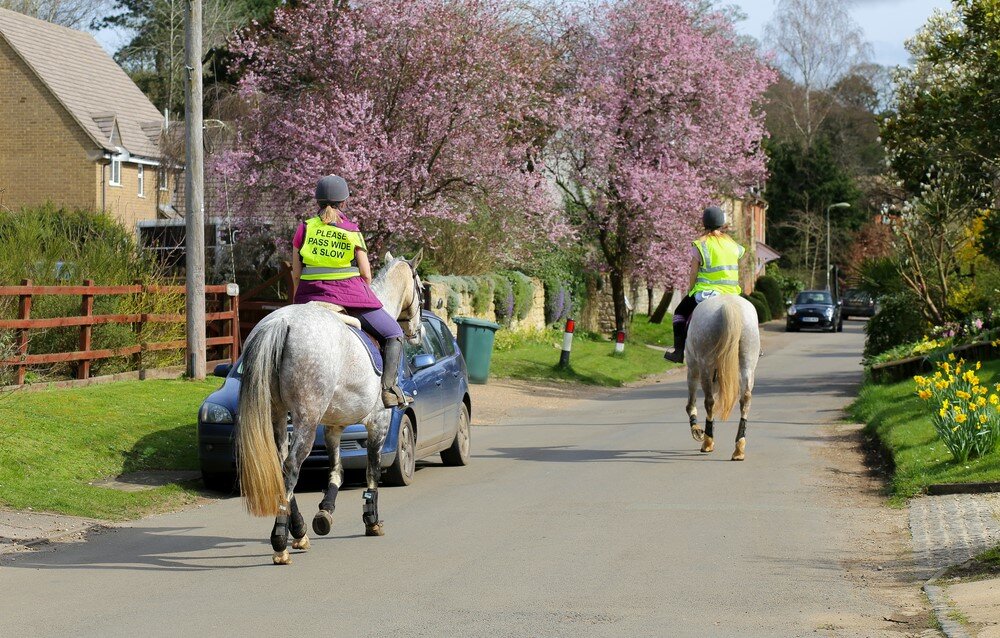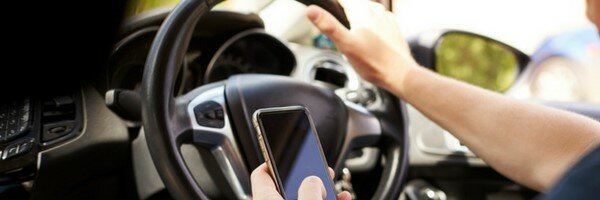
With around 525 Pony Club centres spread across the country, it’s safe to say horse riding is one of the most popular pastimes in the UK. Whether it’s eventing, racing, competing or even just admiring the countryside on horseback, the growing number of riders joining schools every year shows that horse riding is increasing in popularity by the day.
With that said, horse riding also comes with its risks, and even the most experienced riders know that, no matter how careful you are, accidents do happen and can sometimes be serious and life-changing.
Horse Riding Injuries
Horse riding injuries can range from bruises and breaks, to more serious spinal injuries, brain damage or even paralysis.
Some causes of these injuries include:
- Ill-fitting equipment and failure to provide a safe environment for lessons.
- Road traffic accidents involving horses
- Kicks from horses
- Injuries caused as a result of unsafe stables and yards
- Untrained employees
Along with the physical and emotional effects of a horse riding injury, there can also be financial consequences. Time taken off work can impact your wages and, depending on the extent of your injuries, ongoing medical treatment can be expensive.
Of course, not all riding accidents are someone’s fault, as dealing with an animal that can think and act for itself is always going to be unpredictable. However, if injuries are sustained because of someone else’s negligence then you may be entitled to claim for compensation.
Horse Riding Injury Compensation
Unfortunately, however vigilant you are whilst riding, accidents can happen. Since 2010, there have been over 2000 reports of road incidents involving horses alone, in which 36 were fatal to the rider.
If you, or your loved one, has suffered an accident that wasn’t your fault, Hampson Hughes’ team of expert personal injury solicitors may be able to help. For free, confidential and no obligation advice about serious injury claims, call us today on 0151 236 1222.
Sources:
http://www.pcuk.org/index.php/about/structure_governance/
http://www.bhs.org.uk/our-charity/press-centre/news/jan-to-jun-2016/riding-and-road-safety-campaign






Recent Comments